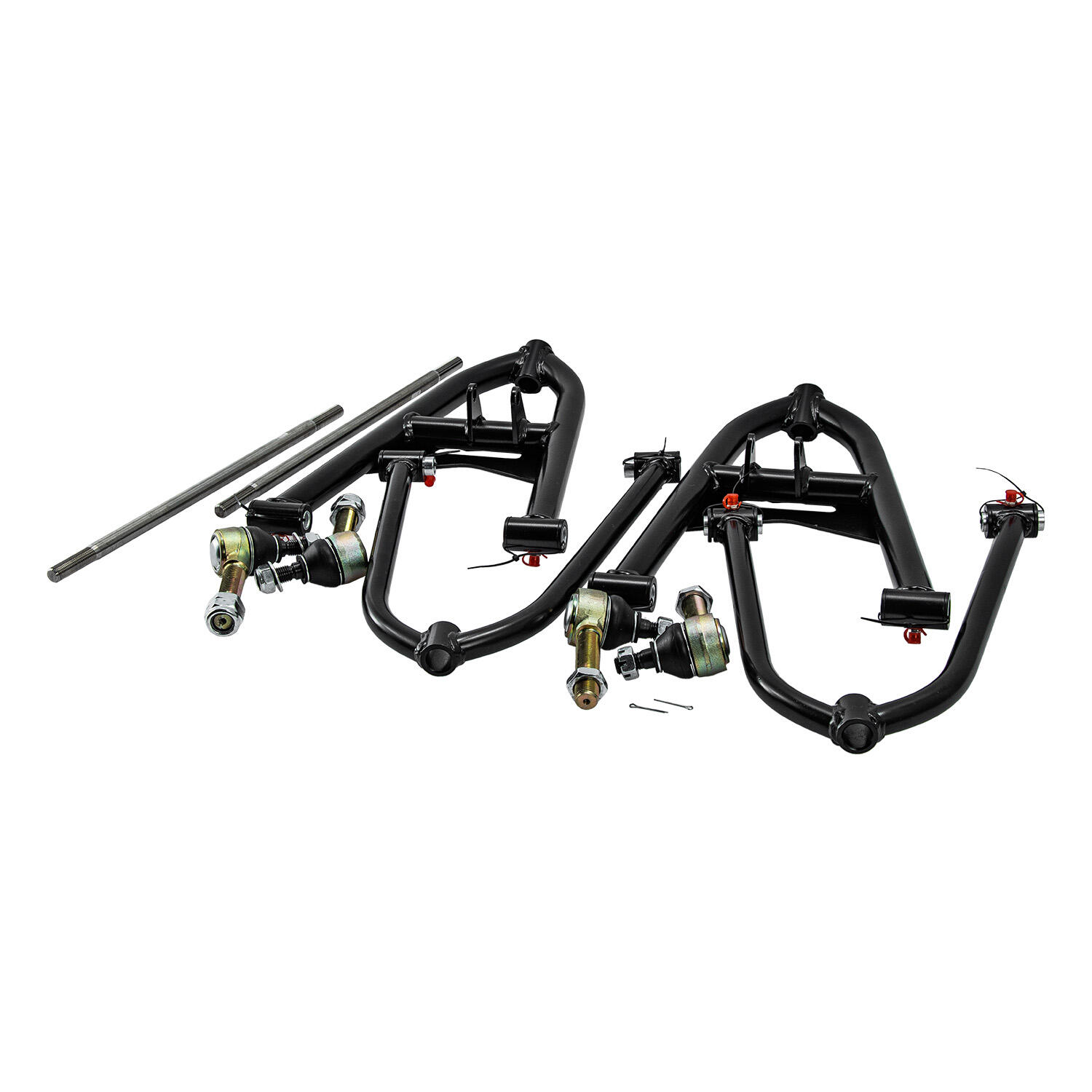
Автосервіси стикаються з постійно зростаючим тиском щодо надання ефективних і надійних послуг технічного обслуговування при одночасному контролі витрат і очікувань клієнтів. Одним із критичних компонентів, який часто вимагає стратегічного планування графіка обслуговування, є важілі підвіски, що відіграють суттєву роль у...
Дивитися більше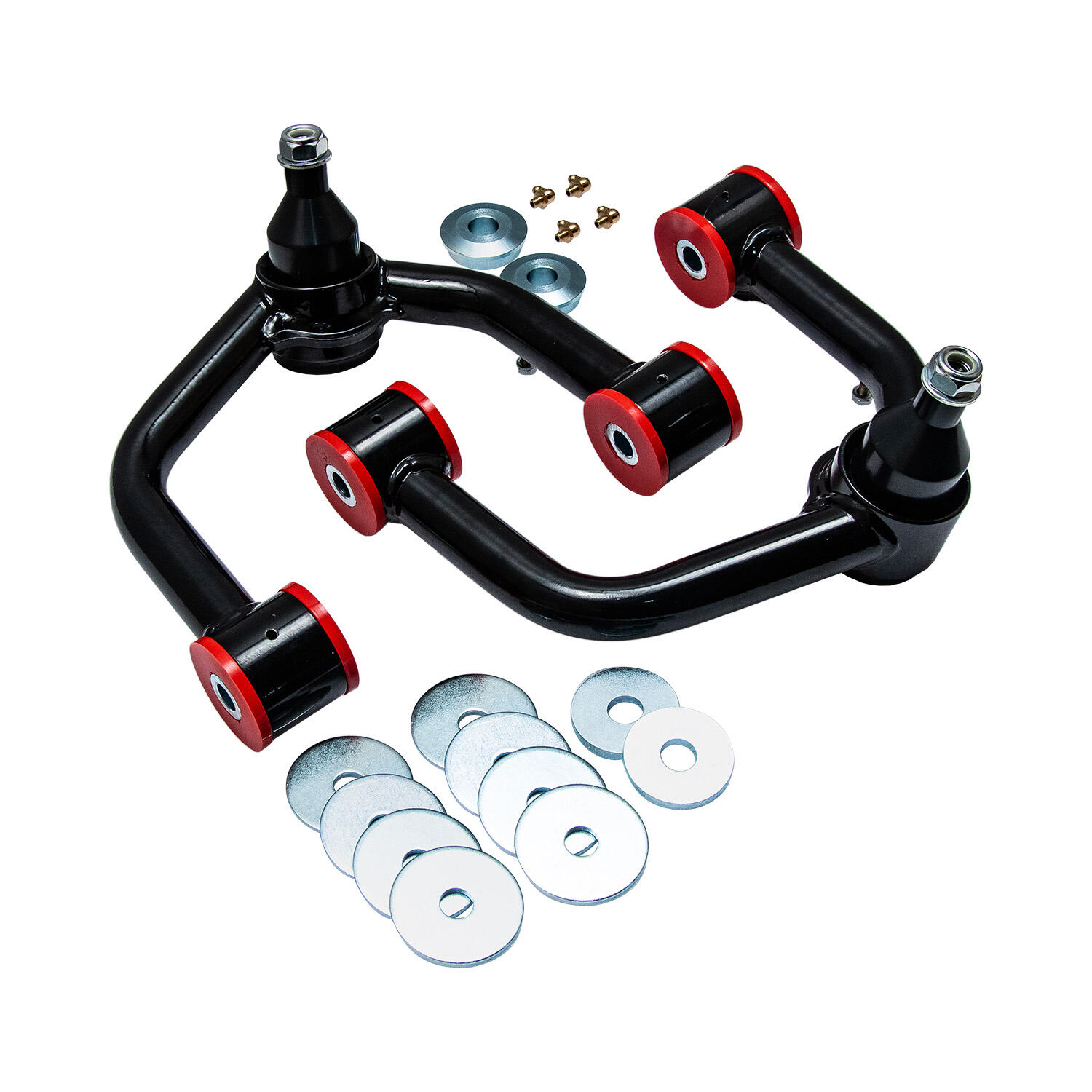
Сучасні автомобільні системи підвіски значно еволюціонували за останні десятиліття, а багатоважільні конфігурації стають усе складнішими, щоб відповідати сучасним вимогам до продуктивності та комфорту. Важелі керування виступають фундаментальними компонентами...
Дивитися більше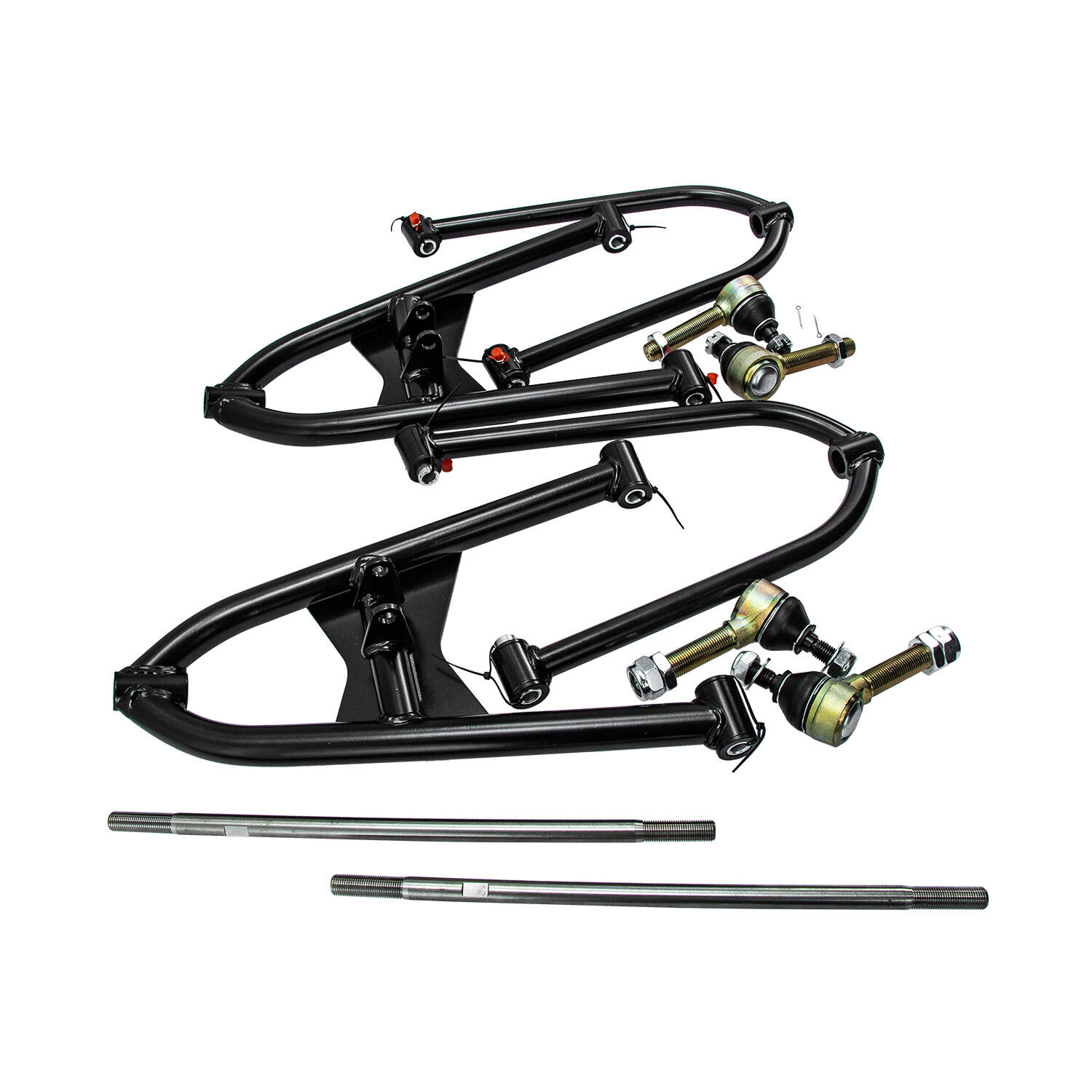
Професійний огляд транспортного засобу вимагає систематичної оцінки критичних компонентів підвіски, причому важелі керування є одним із найважливіших елементів, які потребують ретельної перевірки. Ці ключові компоненти з’єднують раму транспортного засобу з...
Дивитися більше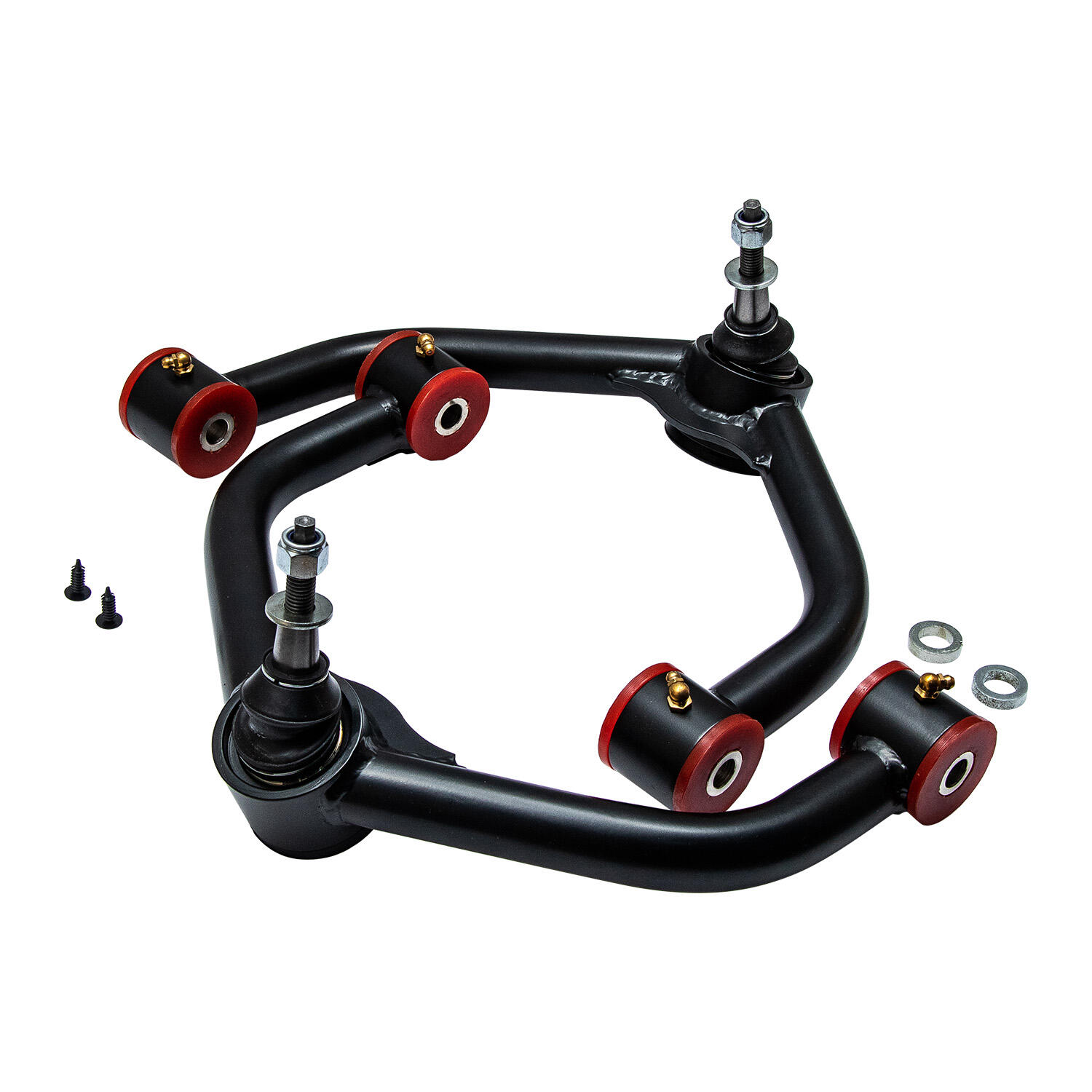
Керівники автопарків та фахівці з закупівель стикаються з критичними рішеннями під час вибору поперечних важелів для своїх автопарків. Ці важливі компоненти підвіски безпосередньо впливають на експлуатаційні характеристики транспортних засобів, витрати на технічне обслуговування та ефективність експлуатації впродовж...
Дивитися більше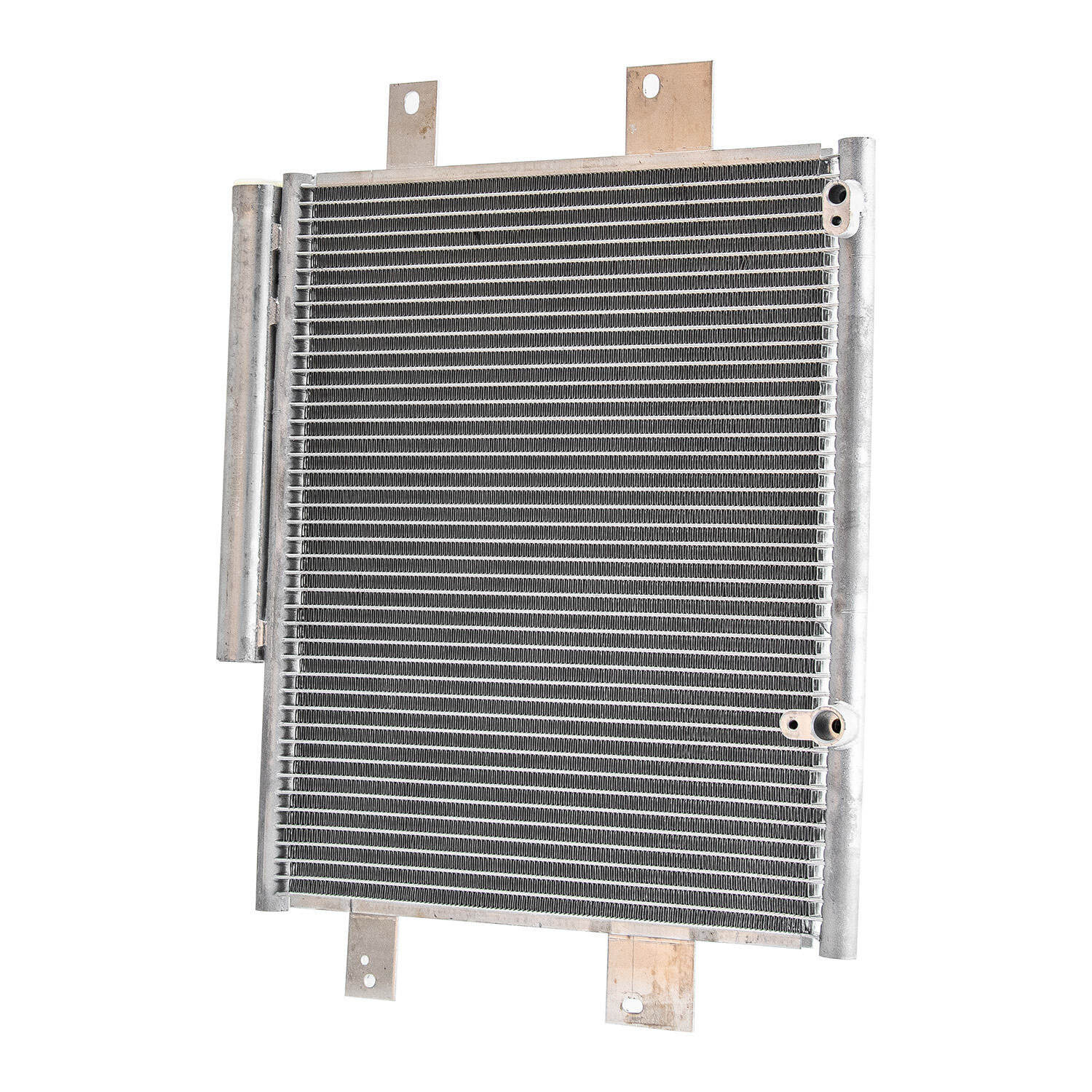
Логістичні автопарки, що працюють в різноманітних кліматичних умовах та за напруженим графіком, потребують надійних систем кондиціювання повітря для забезпечення оптимальних умов праці та захисту цінного вантажу. Серцем будь-якої транспортної системи охолодження є конденсатор системи кондиціювання повітря...
Дивитися більше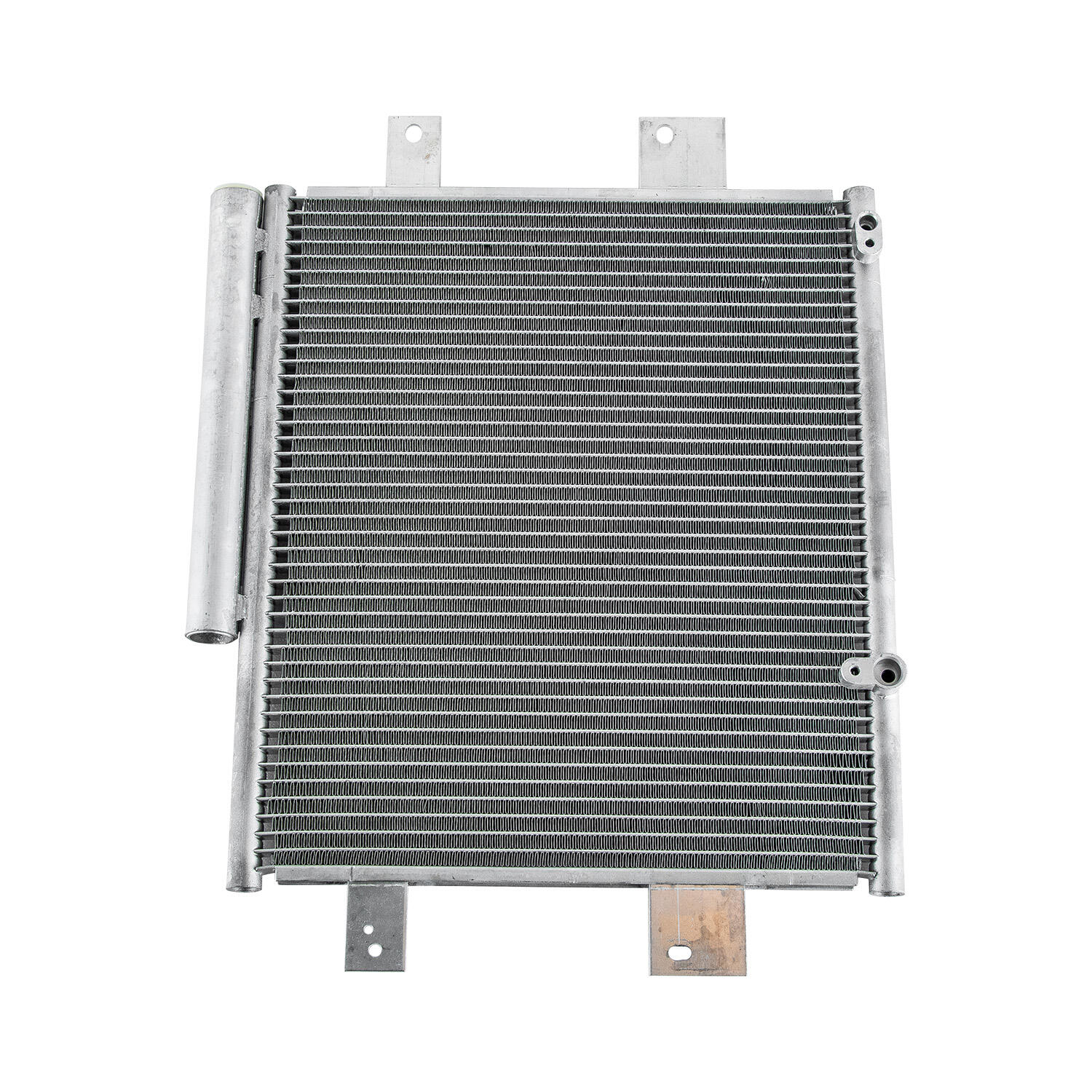
Важкі та комерційні транспортні засоби покладаються на надійні системи кондиціювання повітря для підтримання оптимальних умов експлуатації як для збереження вантажу, так і для комфорту водія. Конденсатор системи кондиціювання повітря є критичним компонентом у цих вимогливих застосуваннях...
Дивитися більше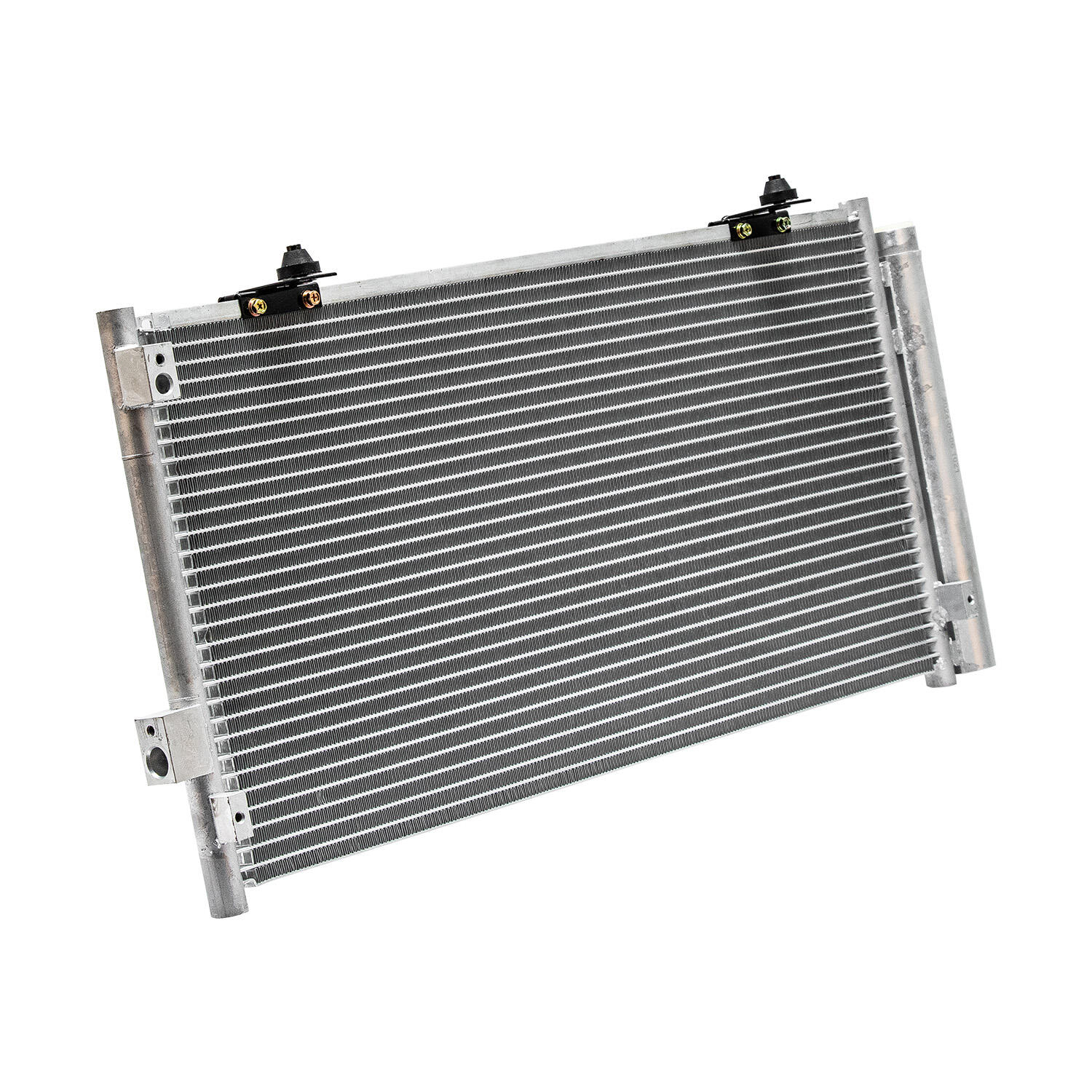
Встановлення конденсатора системи кондиціювання повітря в сервісних майстернях створює багато технічних труднощів, які автослюсарі мають подолати з великою точністю й професійною компетентністю. Ці критичні компоненти системи охолодження вимагають обережного поводження, використання відповідного інструменту та ретельної...
Дивитися більше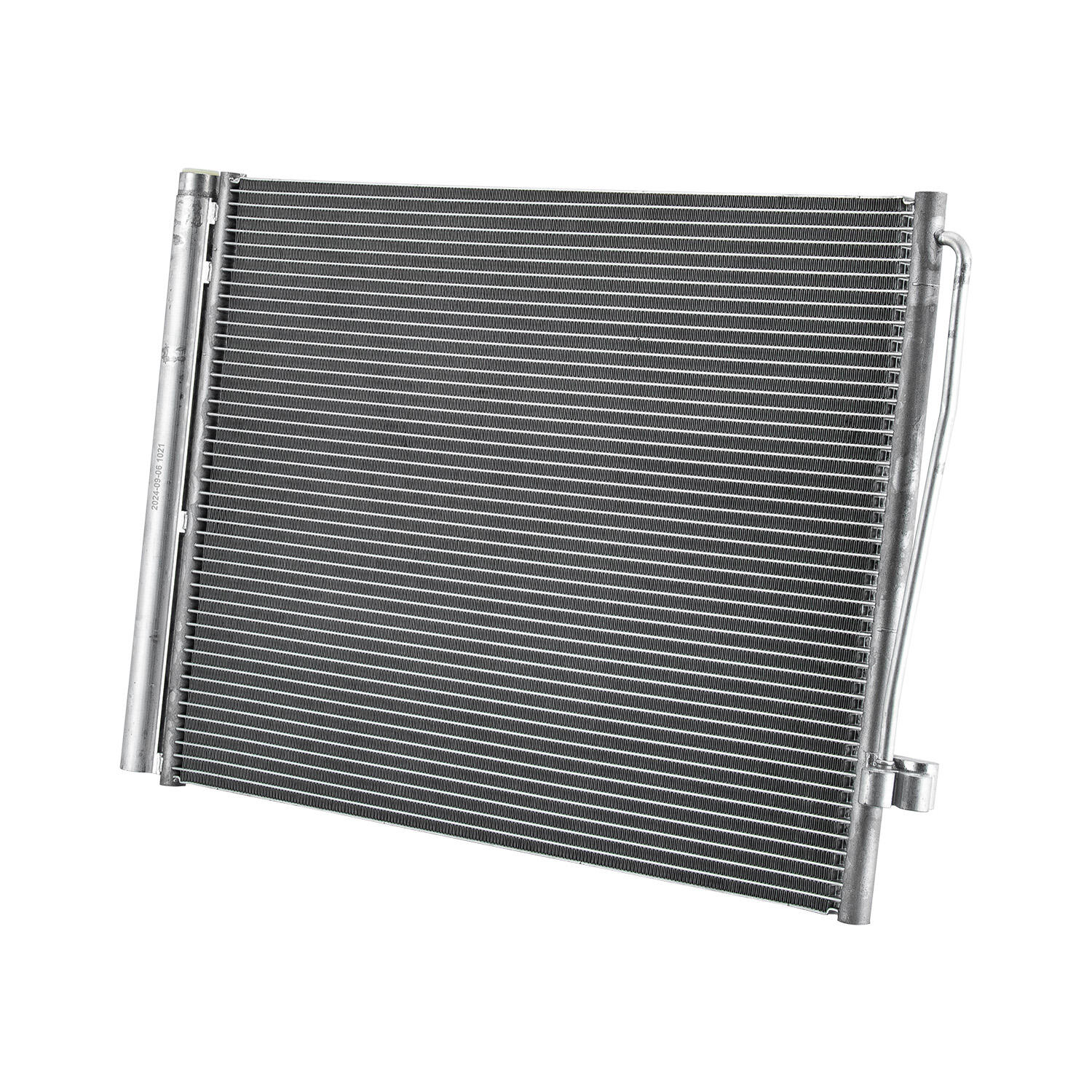
Системи кондиціювання повітря в автомобілях стали невід’ємною частиною сучасних транспортних засобів і безпосередньо впливають як на комфорт пасажирів, так і на загальну енергоефективність транспортного засобу. Конструкція та експлуатаційні характеристики конденсатора системи кондиціювання повітря відіграють вирішальну роль...
Дивитися більше
Керівникам автопарків доводиться приймати важливі рішення під час закупівлі автомобільних компонентів, зокрема щодо систем кондиціювання повітря. Конденсатор системи кондиціювання повітря є одним із найважливіших компонентів у клімат-контролі транспортного засобу й безпосередньо впливає на водія...
Дивитися більше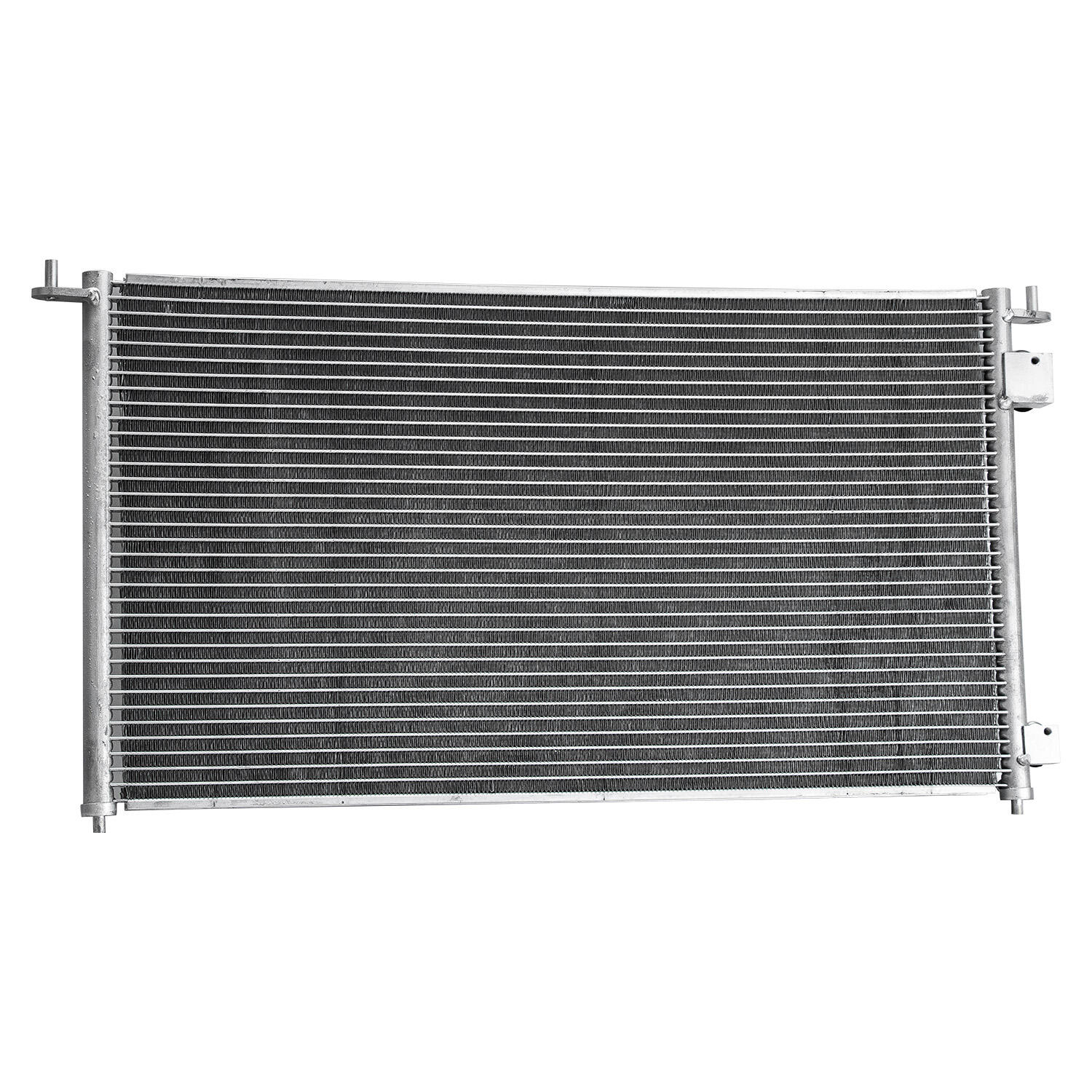
Сучасні системи кондиціювання повітря в транспортних засобах покладаються на кілька ключових компонентів, які працюють у взаємодії для підтримання оптимальної температури в салоні, причому конденсатор системи кондиціювання повітря виступає одним із найважливіших елементів цього складного процесу охолодження. Розуміння того, як...
Дивитися більше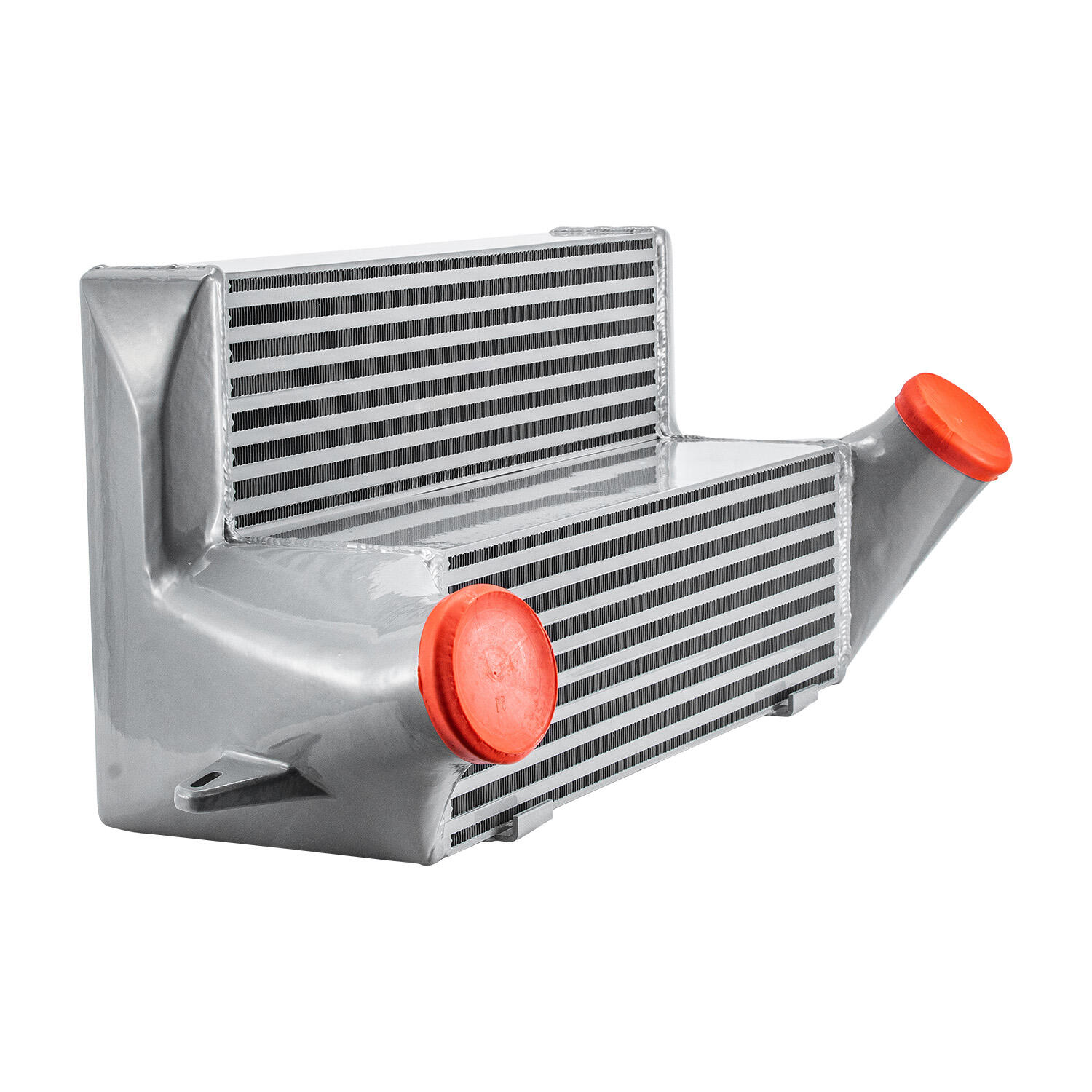
Революція у продуктивності електромобілів завдяки сучасним системам охолодження. Автомобільна промисловість перебуває на межі великого перетворення, оскільки технологія інтеркулерів розвивається, щоб відповідати унікальним вимогам турбозаряджених електромобілів. Традиційні системи охолодження...
Дивитися більше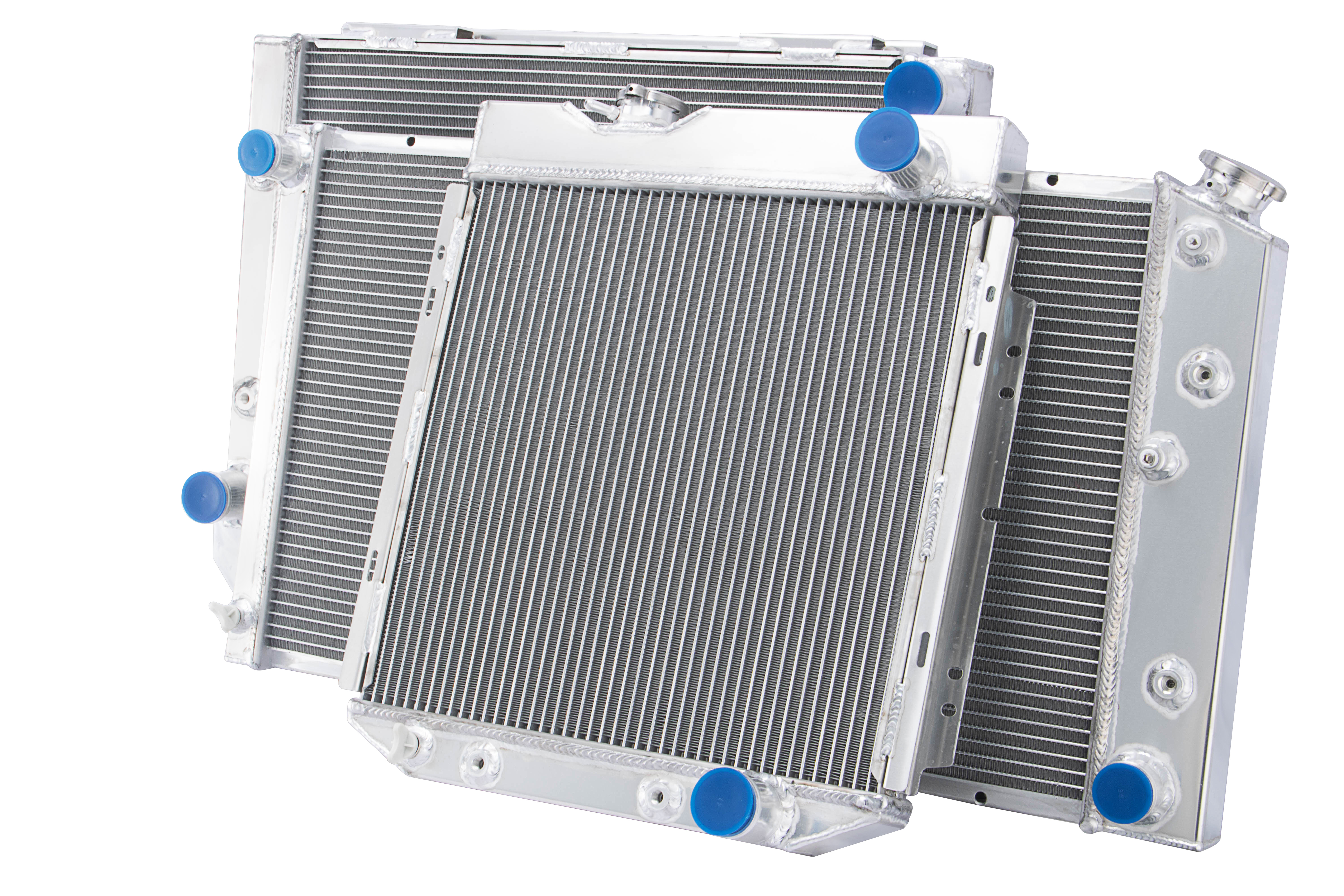
Еволюція теплового управління в сучасних гібридних трансмісіях. Коли автомобільна технологія стрімко рухається вперед до 2025 року, ефективність інтеркулера стає ключовим фактором, що визначає продуктивність гібридних транспортних засобів. Інтеграція передових інтеркулерів...
Дивитися більше